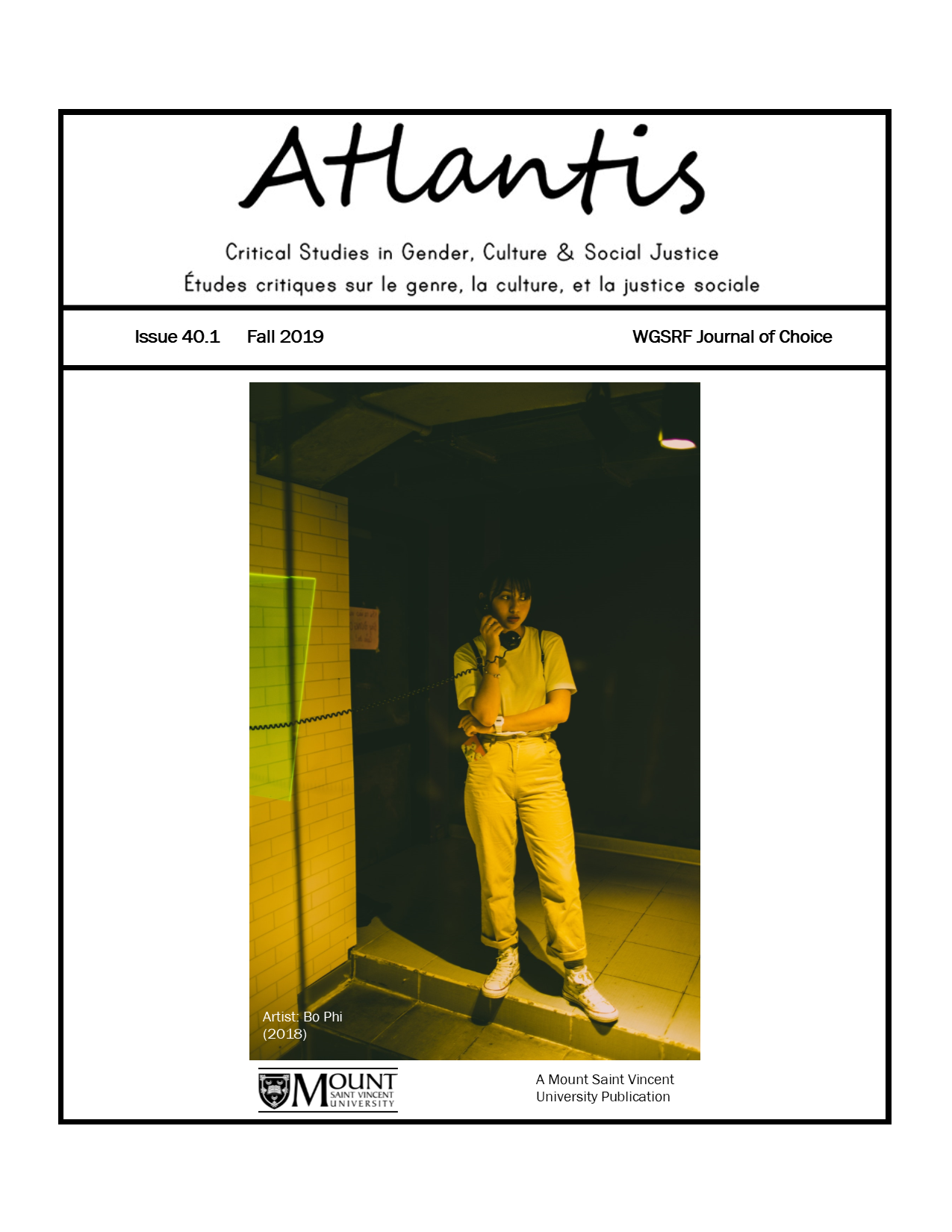Gender, Race, and Precarity
Theorizing the Parallels Between Early Childhood Educators and Sessional Faculty in Ontario
Keywords:
feminist political economy, precarious labour, anti-intellectualism, racialization, neoliberalism, educationAbstract
This paper critically examines the parallels of devaluation encountered by early childhood educators and sessional faculty members in Ontario as reflective praxis. The three authors’ experiences are diverse and include a tenured professor and two sessional faculty members, both of whom have worked in the field of Early Childhood Education and Care (ECEC). The narratives of the authors inform the concerning trend of precarity and devaluation embedded within two polarizing spectrums of the Ontario educational landscape: Post-Secondary Education (PSE) and ECEC. Although these aforementioned areas of education rarely intersect, the authors centre them on the frontline of the neoliberal assault on education transpiring in Ontario today. The three authors self-identify as female settlers; two have doctoral degrees; one has an MA and is an early childhood educator (ECE). One author self-identifies as a racialized and white-coded cis-gendered woman, and two self-identify as white, cis-gendered women. All of the authors have worked in Ontario’s post-secondary landscape, one as sessional faculty member and then a tenured professor, and two as sessional faculty members. The paper will problematize the neoliberal assault on higher education and ECEC through a Feminist Political Economy (FPE) conceptual framework in order to draw on the multifaceted ways feminized discourses devalue the work of ECEs and perpetuate the overrepresentation of women, particularly racialized women in precarious faculty positions.
Downloads
Published
Issue
Section
License
Authors who publish with this journal agree to the following terms:
1. Authors retain copyright and grant the journal right of first publication, with the work simultaneously licensed under a Creative Commons Attribution 4.0 International License that allows others to share the work with an acknowledgement of the work's authorship and initial publication in this journal.
2. Authors are aware that articles published in Atlantis are indexed and made available through various scholarly and professional search tools, including but not limited to Erudit.
3. Authors are able to enter into separate, additional contractual arrangements for the non-exclusive distribution of the journal's published version of the work (e.g., post it to an institutional repository or publish it in a book), with an acknowledgement of its initial publication in this journal.
4. Authors are permitted and encouraged to preprint their work, that is, post their work online (e.g., in institutional repositories or on their website) prior to and during the submission process. This can lead to productive exchanges, as well as earlier and greater citation of published work. Read more on preprints here.







